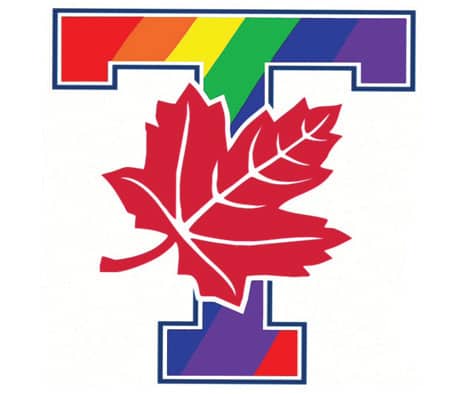LGBTQ athlete rights came under spotlight in preparation for the Sochi Olympics this past February. There were a total of six openly gay athletes competing in the games, and Russia’s restrictive policies toward the LGBTQ community led to significant international outcry. For years before this outburst in Sochi, LGBTQ athletes around the world have been inspiring change at the professional level as well as at the university level.

KAREN ZHOU/THE VARSITY
Ken McNeilly was a student at U of T on the varsity rowing team in 2010 and 2011. As a doctoral candidate at the age of 41, McNeilly noted that, “I was nervous about joining because I was a novice to the sport, because I was 41 years old, and because I was gay.”
To McNeilly’s relief, his teammates were eager to welcome him in spite of any differences existing between them. Until this day, McNeilly still considers many of these teammates as friends and allies.
“In the boat, nobody cared about my sexual orientation; they only cared about whether I could lead them to victory,” he said. After a very successful and enjoyable season, McNeilly was named Male Oarsman of the Year in 2010.
McNeilly has completed his doctoral dissertation, and will be presenting his findings in the form of a 60-minute musical at the Toronto Fringe Festival this summer. He hopes that his “musical dissertation” will be an accessible and enjoyable way for people to learn more about the ongoing challenges LGBTQ teens encounter on a day-to-day basis.
Jordan Prophet joined the varsity men’s swimming team in 2012. Prophet’s decision to try out for the team was not affected by any concerns about his acceptance as a member of the LGBTQ community.
“I have always found swimming to be a very open-minded sport towards the LGBTQ community, which I am very thankful for. It isn’t like they have any more reason to be than a hockey or football organization, but they just appear to be from stories I have heard and what I’ve been told by friends,” said Prophet.
Prophet appreciates the signage around campus provided by the Positive Space Campaign, and believes that this contributes to the overall progressive nature of the university’s attitude and policies toward students of the LGBTQ community. He believes that the signs acknowledge discrimination as being unacceptable on campus, and lets victims know that there are organizations willing to offer help and support.
Bailey Rudnick is now in her second year with the varsity women’s rugby team. Much like McNeilly and Prophet, Rudnick has yet to encounter any homophobic incident as an athlete at U of T. She is grateful for her supportive friends, family, and classmates, who make her experience all the more enjoyable. As a member of the varsity rugby team at St. Francis Xavier University several years ago, Rudnick said that, “From my experience, all university rugby teams are accepting. St. FX, which is located in a tiny rural town, still had a very LGBT friendly environment.
“The women’s rugby team is one of the few places where no one or at least few people assume that you are straight, which is refreshing. It is also a place that is more comfortable than the wider world with people remaining label-less, which again is refreshing,” said Rudnick.
It is uplifting to know that a great number of U of T’s varsity teams have provided LGBTQ athletes opportunities over the years to showcase their talents, while also serving as a safe and welcoming community. That being said, this sentiment is more than likely not one shared by all.
Programs like the Positive Space Campaign and Athlete Ally are aimed at raising awareness and providing campus-wide security for the LGBTQ community. These programs make it possible for athletes like Rudnick, McNeilly, and Prophet to serve as role models for others in similar positions. They have contributed to the commendable atmosphere of acceptance in university athletics over the past several years.

